Laurent VAUTRIN
This post is also available in:
 French
French
"Medical tourism" used to be almost exclusively for plastic or dental surgery. It has risen sharply in India in recent years and organ trafficking from live victims has become a sinister speciality. A macabre deal where women are the main victims and who are more inclined than men to accept the loss of their physical capabilities. In January 2008, the discovery of an illegal clinic in a chic part of Delhi revealed the full extent of this illegal trade. In this well-to-do residence in Gurgaon, transformed into an operating theatre, the 46-year old Dr Amit Kumar carried out some 500 operations in 9 years. Wanted by Interpol for ‘illegal transplantation of kidneys, fraud and criminal conspiracy’, he was rapidly arrested on the Nepalese border. Charged with assault, illegal detention and fraud, he confessed to having forced several hundred people suffering from extreme poverty to sell their organs. Each wealthy patient was charged 2 million rupees ($9180) for an organ, while the ‘donor’ was paid $1270. A ridiculously low price which didn’t stop more people wanting to ‘donate’ organs when the press covered the story. Agena, Kurusna and Opona came along together to tell me of their bitterness when I went to their village. They received a little under $140 in exchange for their mutilation.



